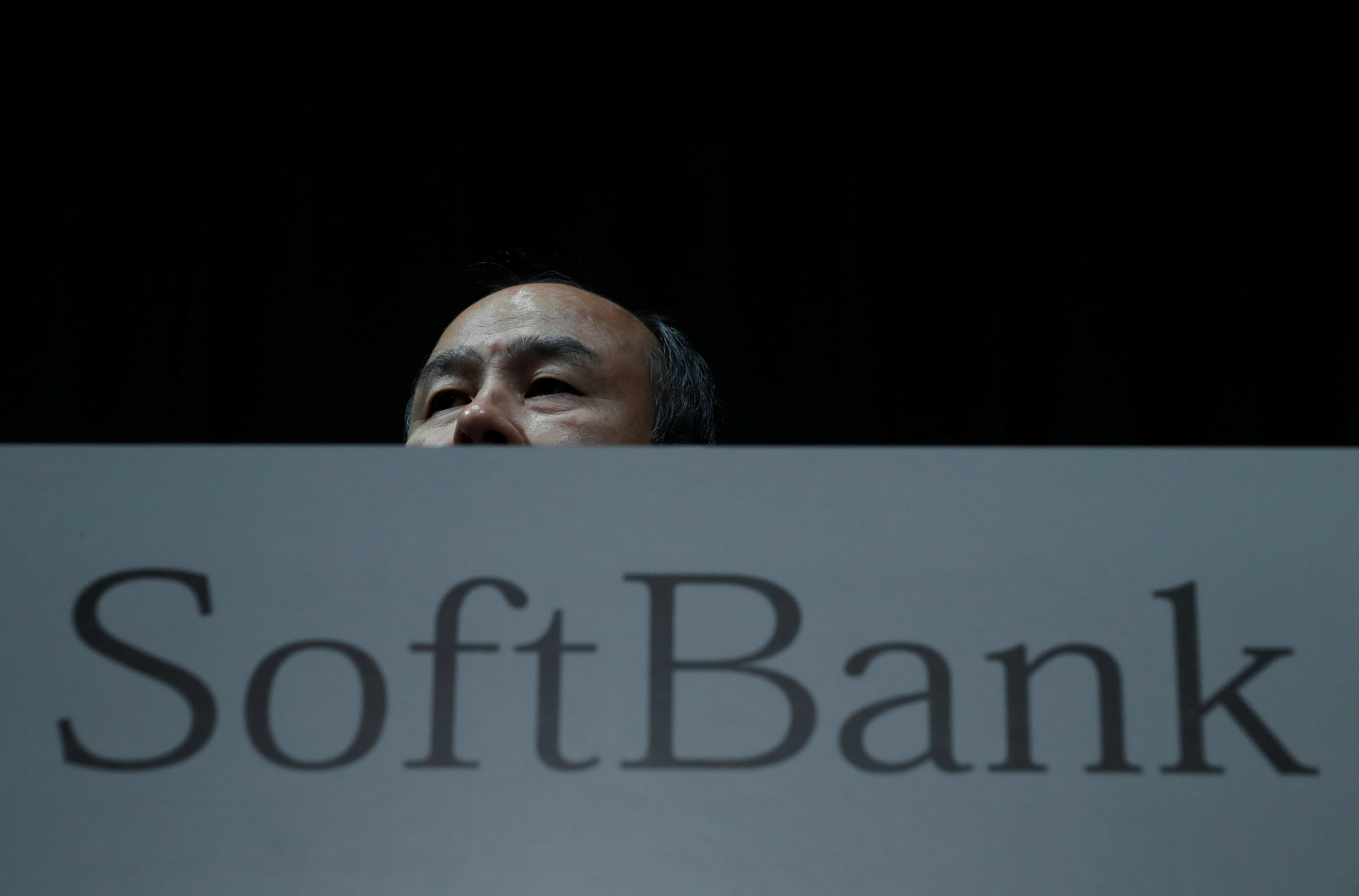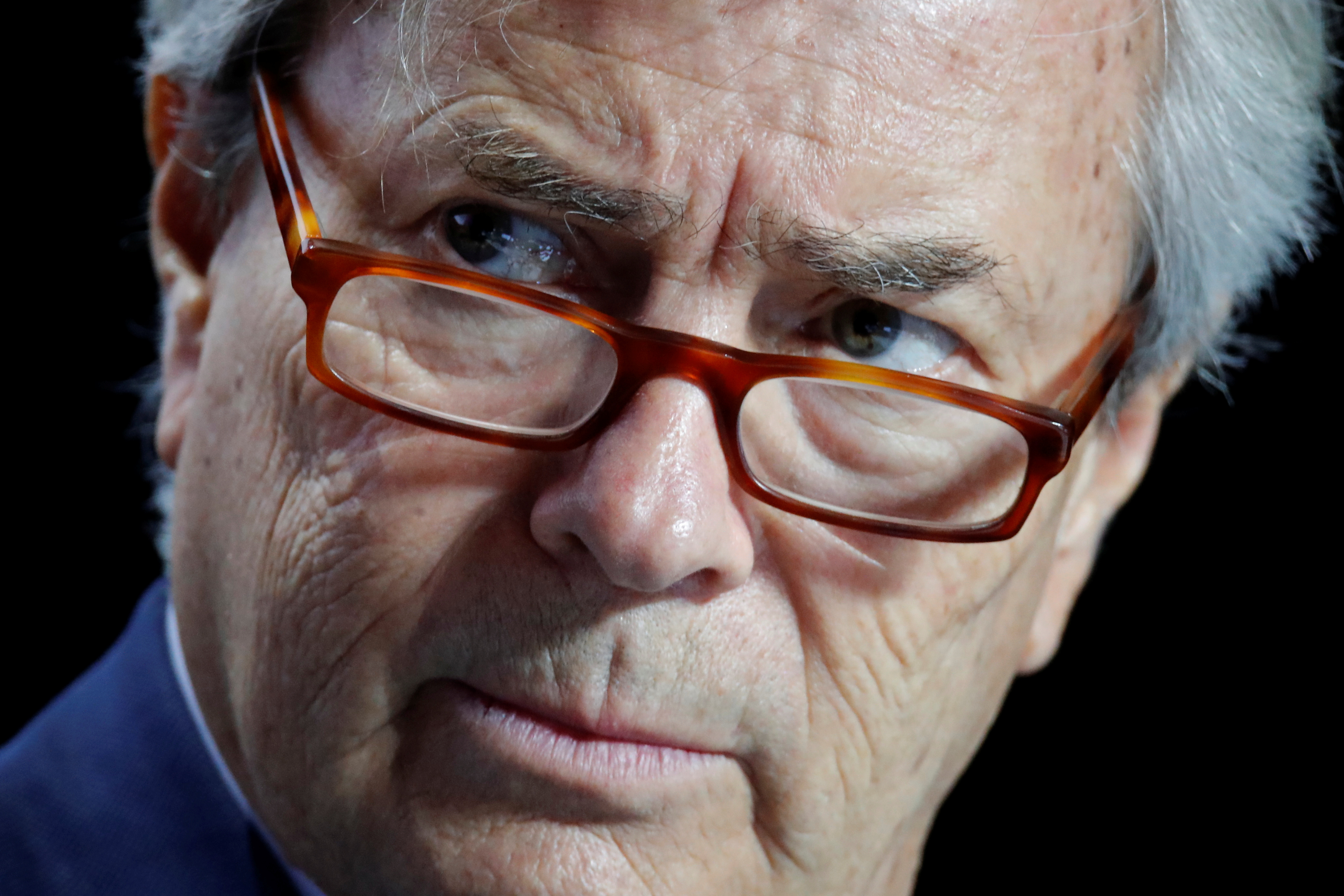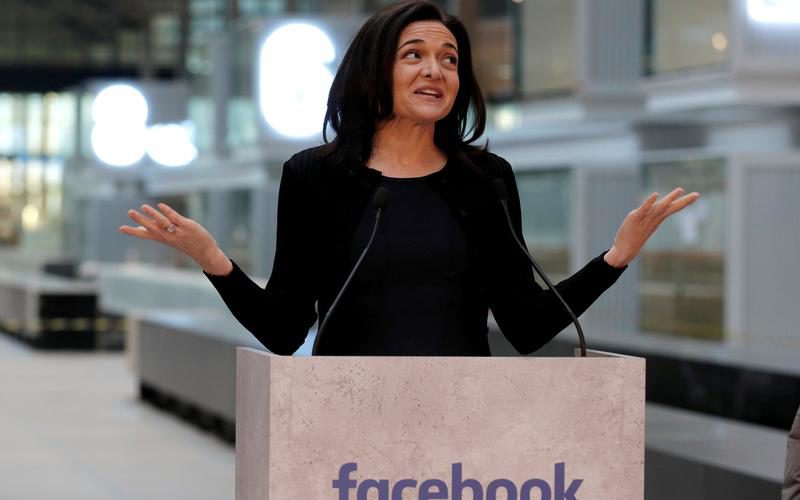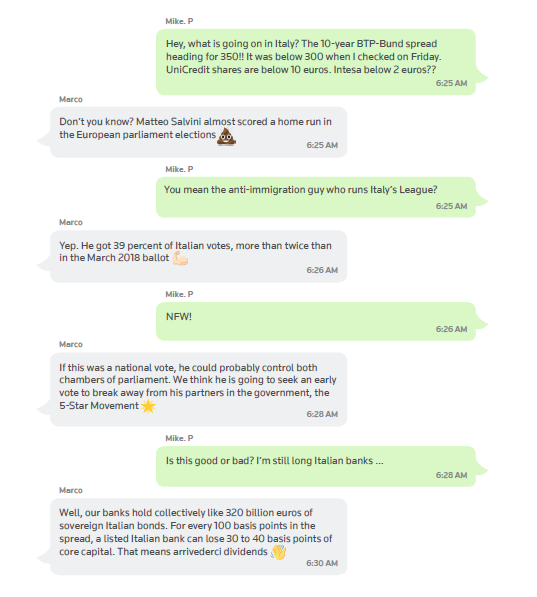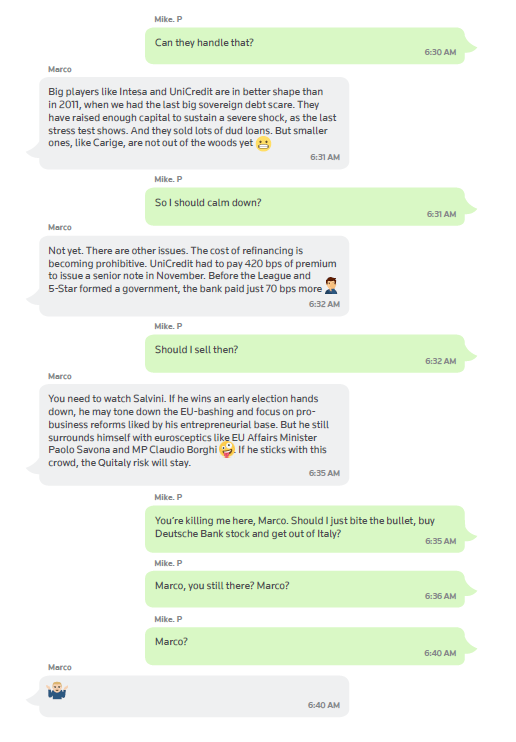BY LIAM PROUD AND KAREN KWOK
SoftBank’s Vision Fund is due a writedown. The Saudi Arabian-backed tech investor, with $97 billion at its disposal, reported a 27 percent gain on $28 billion of investments as of September. That success will reverse in 2019.
Since its inception in 2017, the fund has invested at optimistic-looking valuations. Take WeWork, the money-losing office sublessor. The Vision Fund and SoftBank invested at a $20 billion valuation in 2017, according to the Wall Street Journal, or 13 times 2018 sales using Moody’s Investors Service estimates. SoftBank bought chip designer ARM in 2016 for around $31 billion and transferred a stake to the fund.
Those prices might make sense to Chief Executive Masayoshi Son, who touts his 300- year investment vision. But they look toppy through the lens of traditional venture-capital and private-equity methods, which SoftBank says it uses. The enterprise value of IWG, WeWork’s listed competitor, is just below one times its 2019 sales, using Refinitiv estimates, making WeWork’s multiple look stratospheric.
ARM’s valuation is set to suffer from a recent tech selloff and a slowdown in sales of Apple’s iPhones, which contain its chip designs. Shares in semiconductor rival Nvidia, in which the Vision Fund also owns a stake, fell more than 40 percent in the two months to Nov. 30. That has left Nvidia’s enterprise value at about seven times estimated 2019 sales, using Refinitiv data. Even at a generous 50 percent premium, debt-free ARM would be worth about $24 billion using Bernstein’s 2019 sales estimate, one-fifth less than SoftBank’s acquisition price.
Venture funds take writedowns all the time. Yet SoftBank is unusually vulnerable. Its size means marking down holdings could create a domino effect. The Vision Fund is also using debt, which totalled about $5.6 billion in September, to help fund its activities. Its capital structure unusually also includes preferred instruments, amplifying losses for other investors and requiring it to make cash distributions.
Moreover, Son’s partners, including Saudi and Emirati sovereign-wealth funds, might take fright at writedowns. Any losses risk undermining Son’s investing logic, which includes the notion that huge investments in emerging tech stars in and of themselves improve the chances those companies become winners. Both providers and recipients of funds, as well as investment staff, could lose faith. That would slow Son’s momentum and force him to think about the shorter term for a change.
First published Dec. 17, 2018.
